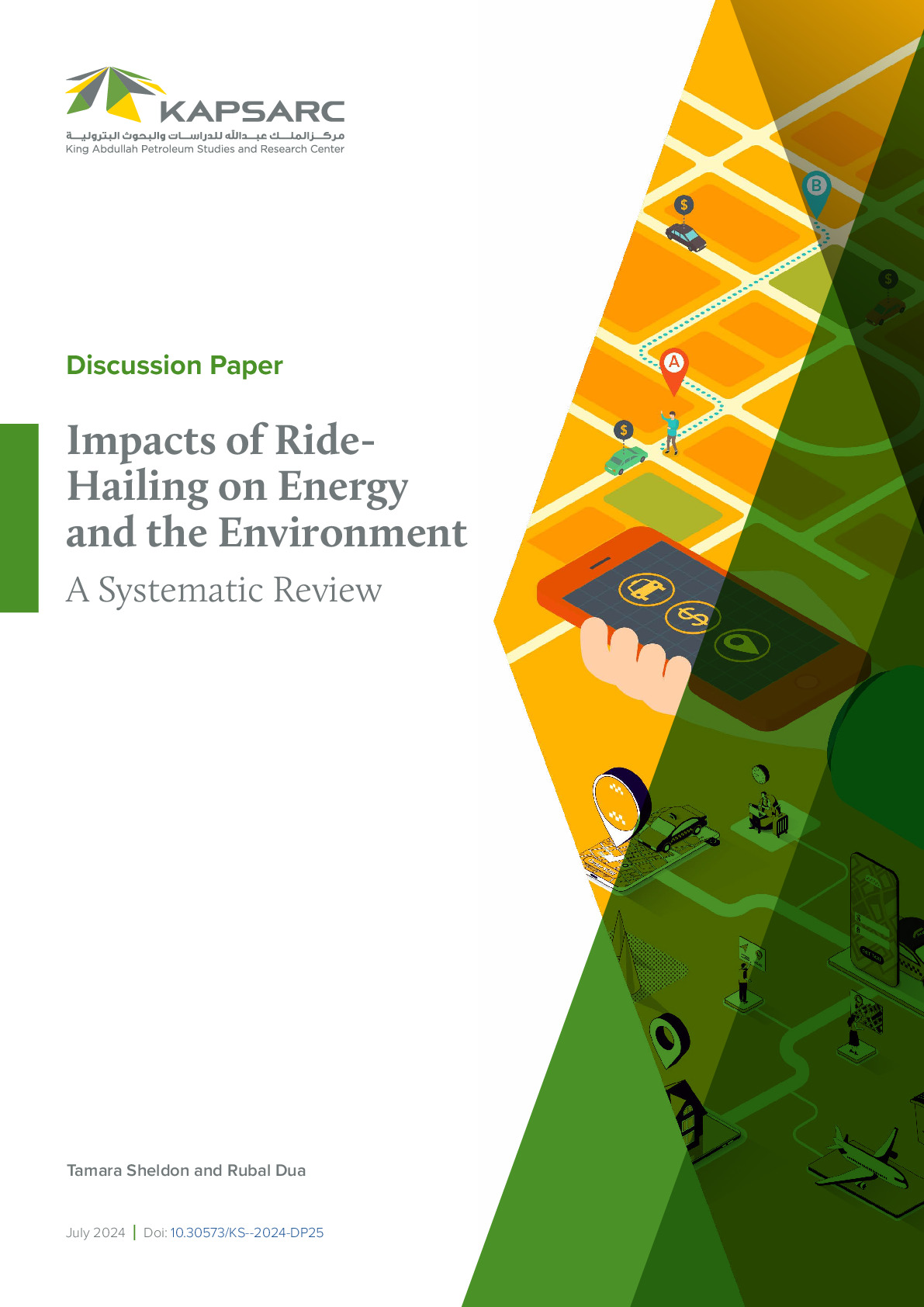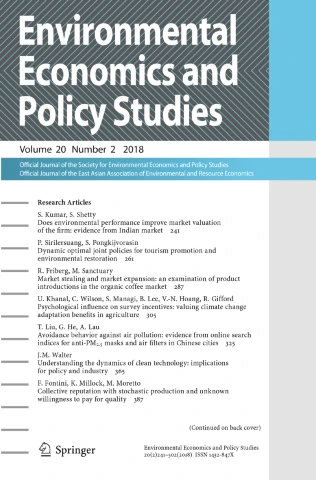Ten U.S. states have set mandated sales targets for zero-emission vehicles that could result in significant reductions in fuel consumption and carbon emissions. Battery electric vehicle (BEV) adoption is considered integral to achieving this mandate and thus a better understanding of potential BEV buyers is needed.

Fellow
Rubal is a research fellow at KAPSARC focused on understanding consumer decision making, in particular, consumer choice of energy-efficient technologies…
Rubal is a research fellow at KAPSARC focused on understanding consumer decision making, in particular, consumer choice of energy-efficient technologies and mobility options under alternative technology and policy scenarios. Before joining KAPSARC, Rubal gained a Ph.D. at KAUST designing advanced carbon materials for energy and environmental applications, with a particular focus on energy storage, carbon capture, waste-water treatment, and hydrogen generation via solar water splitting. Prior to that, he worked at the University of Pennsylvania on a semiconductor industry-funded project, developing a continuum modeling framework for simulating the physics of micro defect formation in silicon crystals.
Expertise
- Behavorial decision science
- Consumer adoption
- Energy-efficient mobility and shared autonomous mobility-on-demand
Publications See all Rubal Dua’s publications

Impacts of Ride-Hailing on Energy and the Environment: A Systematic Review
Ten U.S. states have set mandated sales targets for zero-emission vehicles that could result in…
15th July 2024
Energy Price Reform to Mitigate Transportation Carbon Emissions in Oil-Rich Economies
Ten U.S. states have set mandated sales targets for zero-emission vehicles that could result in…
2nd April 2024

